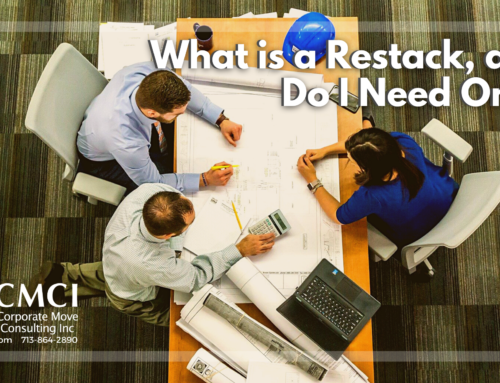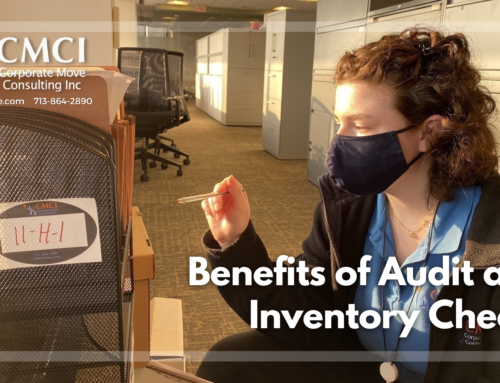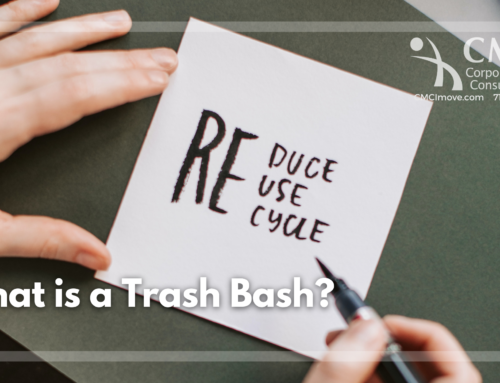
When you are in the middle of planning your residential relocation, you may find that the furniture and supplies you have collected over the years just will not work in your new household. There are a few options when getting rid of old furniture: you can try selling it online to make a bit of cash, you can send it to the dump, or—if you are okay with a bit of extra planning—one of our favorite solutions is turning it into tax deductions.
We guarantee there are a ton of nonprofits out there that would be grateful for quality furniture and supplies. Your donation will help them focus their budget on the work they want to accomplish instead of worrying about administrative supplies. Of course, before you haul over a whole truckload of furniture to a charity, make a few calls to identify a nonprofit that would benefit from your contribution.
Before donating to a specific nonprofit, you also need to check their 501(c)(3) status. The Internal Revenue Code contains section 501(c)(3), which defines the requirements needed for a nonprofit to be considered tax-exempt.[1] It is important to note that not all charities are inherently tax-exempt. If you make a contribution to a nonprofit that does not have 501(c)(3) status, when it comes time to file your itemized deduction, you may find that the IRS will not accept it.
Speaking of itemized deductions, there seems to be a different form and a different standard of evidence needed for every donation under the sun. We suggest that you keep your tax consultant apprised of the details of every donation you make so that when you go to claim your deductions, both of you are on top of the requirements and can provide documentation to the IRS before the deadline. That being said, here are a few common practices when donating goods to a tax-exempt nonprofit.
Firstly, before you make your contribution, verify with the nonprofit exactly how much of your donation will be tax-deductible. This way you have a more accurate idea of your deduction when it comes time to file. After you make your contribution, you need to keep your receipts in a safe place you will remember and make copies for your tax consultant.
Additionally, for donations valued higher than $250, you must provide the IRS with a Written Acknowledgement.[2] Simply put, the charity must write a letter that describes the items contributed, the monetary value, etc. You should also have the items you are donating professionally appraised so that the value of your contribution can be accurately documented for your deduction purposes.
Donating your leftover furniture and supplies is a great way to make your move as valuable as possible. Not only are you getting a tax deduction from your unwanted goods, but you are giving equipment to an organization that truly needs it. This strategy is both good for the wallet and good for the soul!










